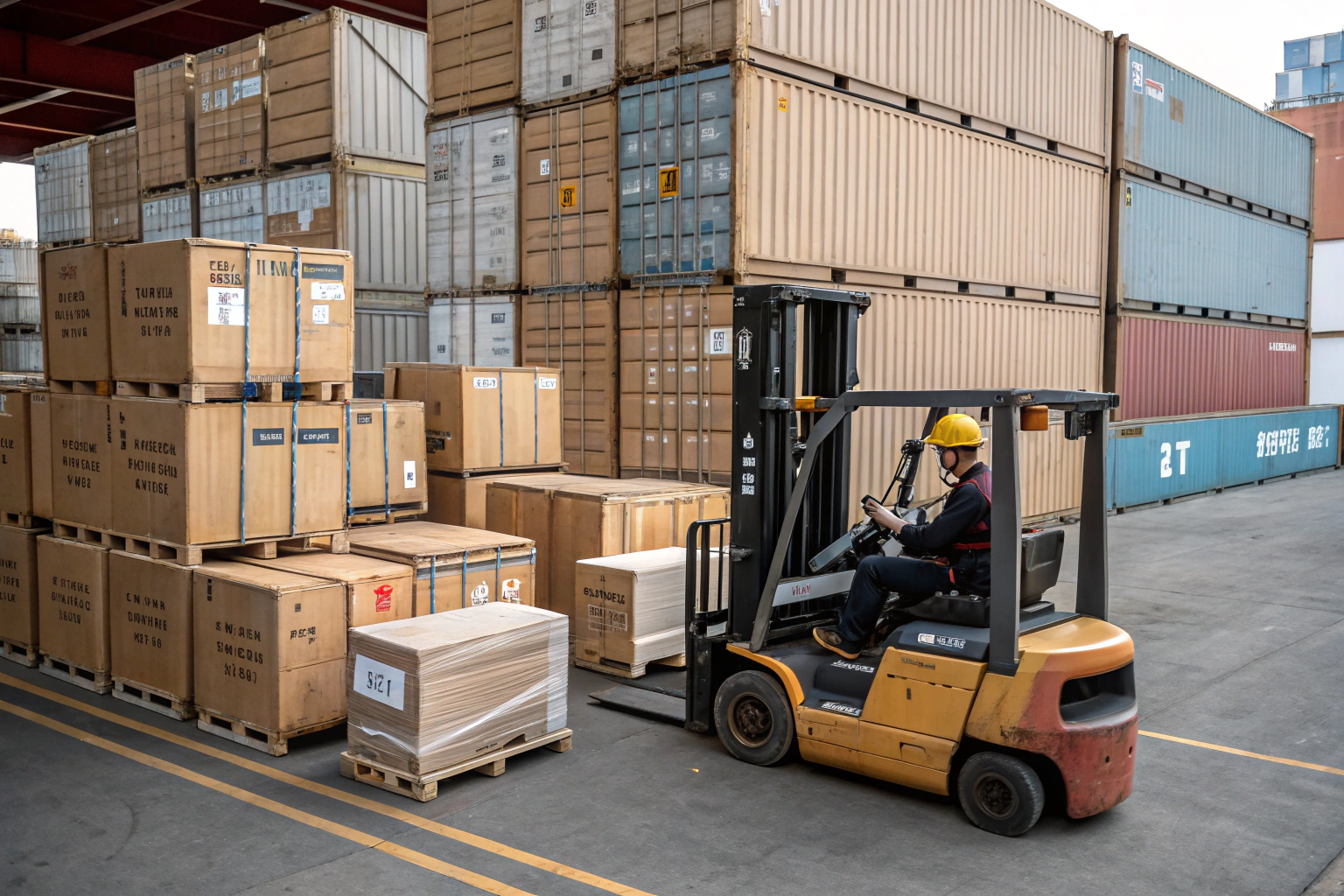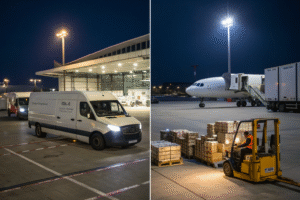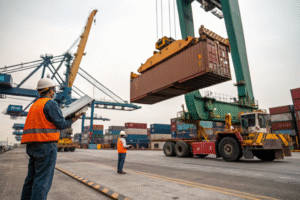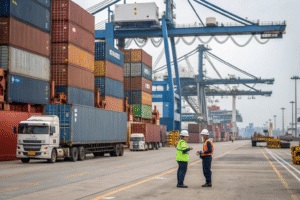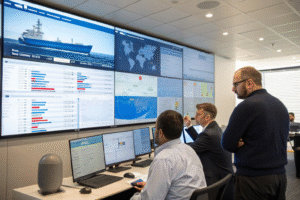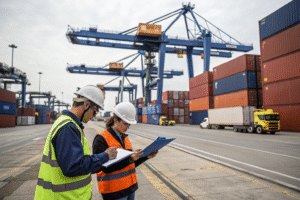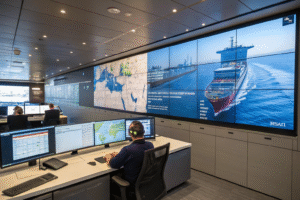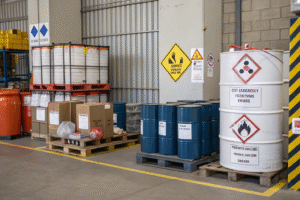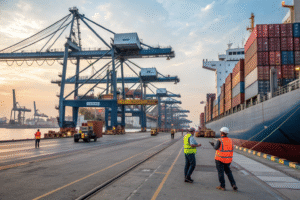Delays in international shipping can disrupt supply chains, cause financial losses, and damage customer relationships. For importers like Ron, whose business depends on timely deliveries from Chinese factories to U.S. warehouses, avoiding freight delays is not just important—it’s critical.
Freight forwarders use a mix of technology, proactive planning, local partnerships, and customs expertise to minimize or completely avoid costly shipping delays.
With years of hands-on experience managing sea and air freight across Asia, Europe, and North America, I’ve seen how smart strategies make all the difference. Let’s explore what we do at GeeseCargo to keep shipments moving.
How Do Forwarders Plan Around Port Congestion?
Port congestion is one of the biggest causes of global shipping delays. But smart planning can help navigate around it.
Freight forwarders monitor congestion data and use alternate ports or expedited customs corridors to keep cargo flowing.
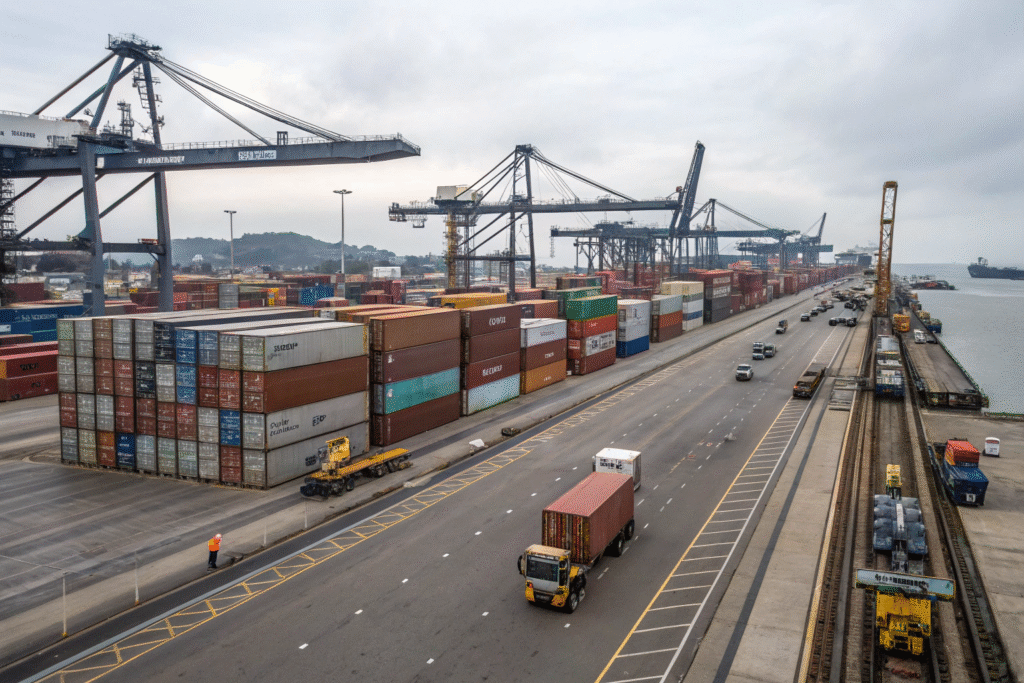
What Tools Do Forwarders Use to Monitor Port Conditions?
We rely on platforms like MarineTraffic and PortCast to track real-time congestion and vessel delays. When ports like Shanghai or Long Beach are backed up, we proactively shift to Ningbo or Oakland depending on client preferences.
For instance, during the 2021 West Coast bottleneck, we rerouted Ron’s shipments through Houston and still met his retail deadlines.
How Does Alternate Routing Prevent Delays?
By using flexible Incoterms and broad carrier relationships, we offer multiple routing options. If one route is blocked, another is ready. We also work closely with shipping alliances to secure space on alternate vessels when needed.
These decisions are shared with clients via digital shipment portals for visibility.
What Role Does Early Booking and Carrier Choice Play?
One of the easiest ways to get delayed is to book too late or use the wrong carrier.
Booking early and working with reliable carriers allows freight forwarders to avoid capacity issues and take advantage of priority loading.
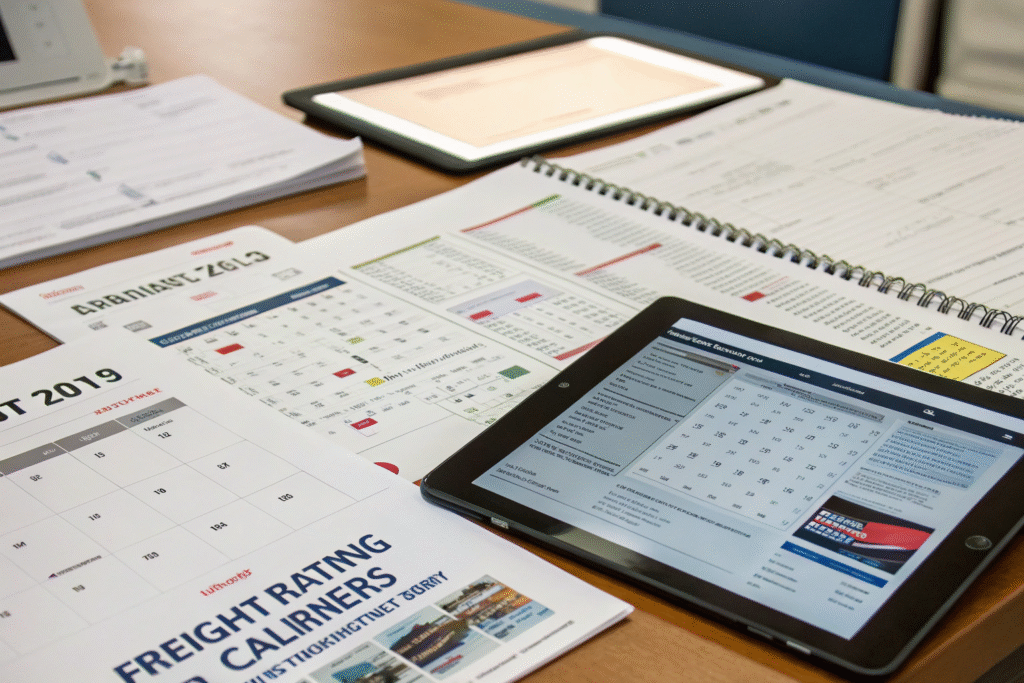
Why Is Early Booking Essential During Peak Season?
During Chinese New Year or back-to-school season, container space gets tight fast. We start reserving slots 4–6 weeks in advance. Platforms like CargoSphere and INTTRA help us compare rates and secure allocations early.
This way, Ron doesn’t end up waiting two extra weeks for container space just because his competitors booked first.
Do All Carriers Perform the Same?
No. We prefer working with carriers known for schedule reliability like Maersk and Hapag-Lloyd. Their on-time performance stats are higher and they provide backup plans if routes get disrupted.
When we use air freight, we prioritize airlines with consistent departures like Cathay Pacific Cargo or Lufthansa Cargo.
How Do Customs Preparation and Documentation Reduce Delays?
Even if the cargo arrives on time, one missing document can stall everything at customs.
Freight forwarders prepare full documentation in advance, confirm HS codes, and pre-clear goods to avoid customs delays.
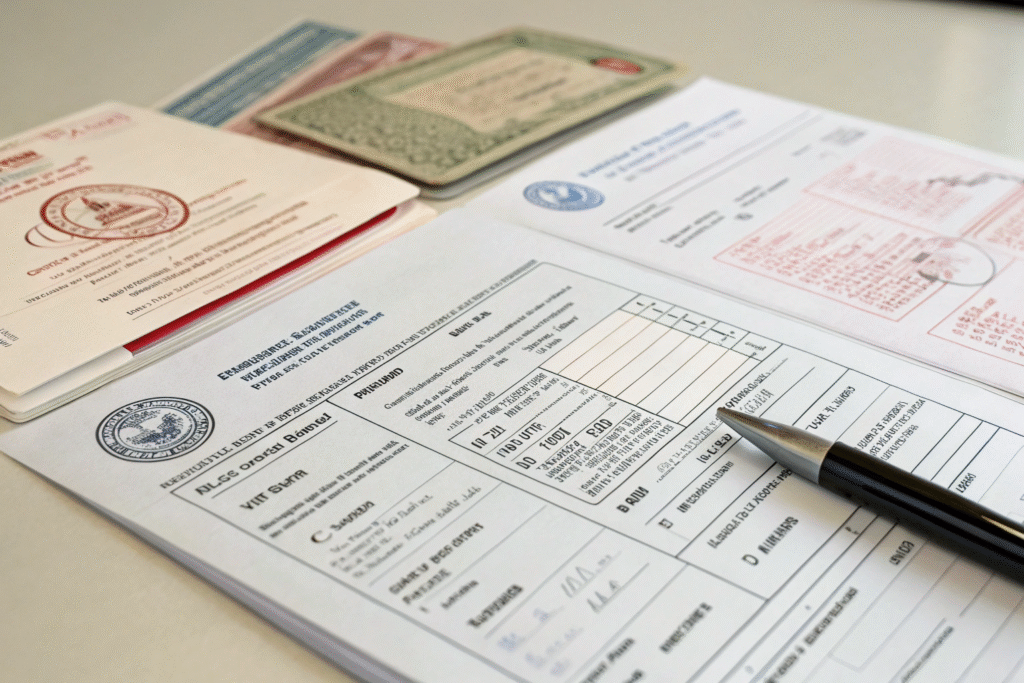
What Documents Must Be Prepared in Advance?
We always prepare the Commercial Invoice, Packing List, Bill of Lading, and Certificates of Origin ahead of time. Each is double-checked before cargo even leaves the factory.
For DDP shipments, we also calculate tariffs using HS code lookup tools.
How Does Pre-Clearing Work?
For eligible shipments, we file entries through U.S. Customs ACE before the cargo even reaches the port. This significantly reduces inspection rates and speeds up release times.
Our systems integrate with customs brokers and platforms like Kuehne + Nagel's Control Center for seamless handoff.
How Do Real-Time Alerts and Communication Prevent Setbacks?
No strategy works without communication. Forwarders must stay connected with all players involved.
Freight forwarders use real-time alerts, communication platforms, and digital dashboards to resolve problems before they cause delays.
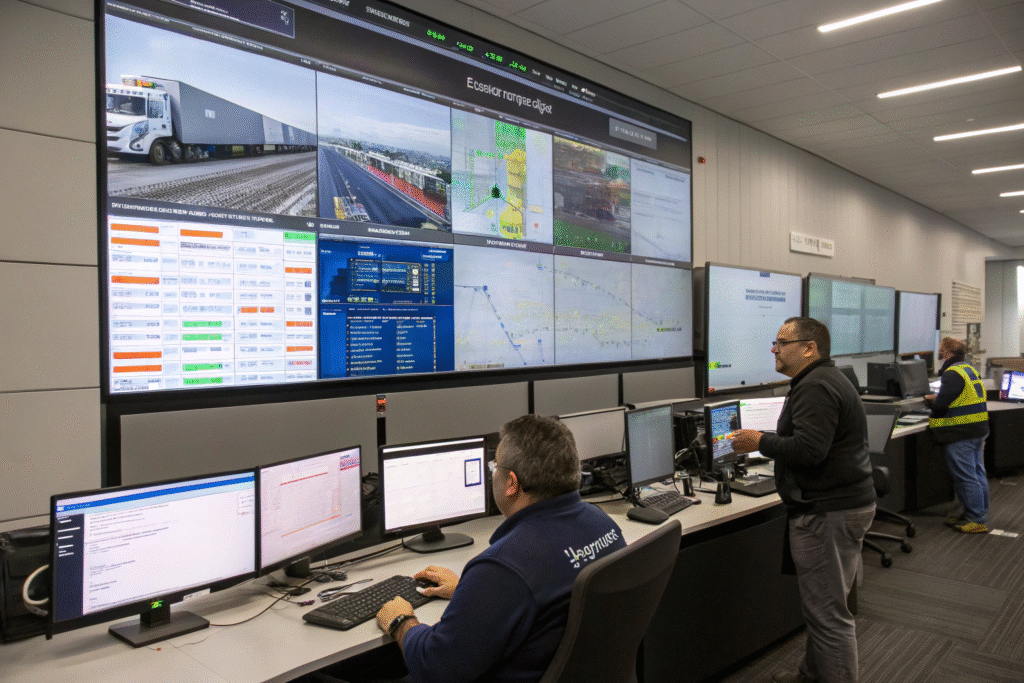
What Platforms Are Used to Keep Clients Updated?
We use tools like WhatsApp Business, Slack, and Trello to communicate status updates with clients and factories. Email alone isn’t fast enough for urgent changes.
We also use platforms like CargoWise to auto-alert clients if a delay is predicted.
How Do Alerts Help with Last-Mile Planning?
Let’s say a truck is late for pickup at the port. Our system flags the delay, and we notify the U.S. warehouse instantly. That way, Ron’s team can reschedule staffing and avoid paying idle fees.
We even integrate with AfterShip to sync last-mile tracking with Shopify stores for e-commerce clients.
Conclusion
Delays are a logistics killer—but they’re not inevitable. At GeeseCargo, we take a proactive, tech-enabled, and deeply experienced approach to freight forwarding. From early booking and smart port routing to customs pre-clearance and live updates, we help you move goods predictably and without stress.
If you’re tired of late arrivals, missed deadlines, or vague answers from your logistics partner, it’s time for a change. Let’s work together to keep your shipments—and your business—moving forward on time, every time.
